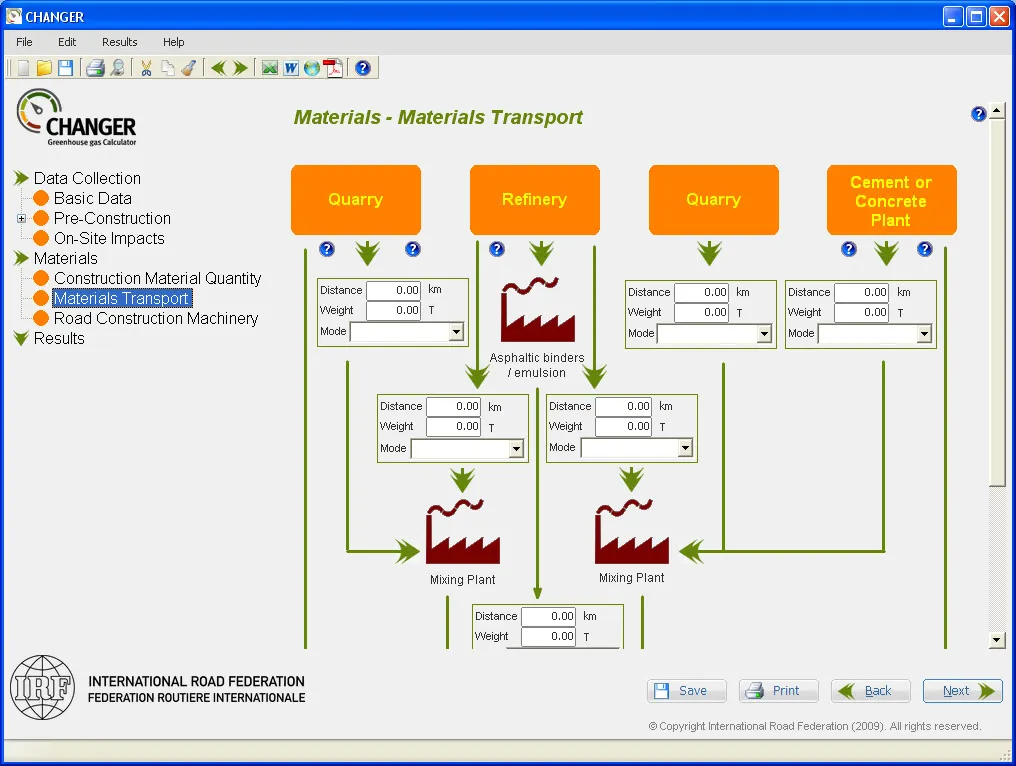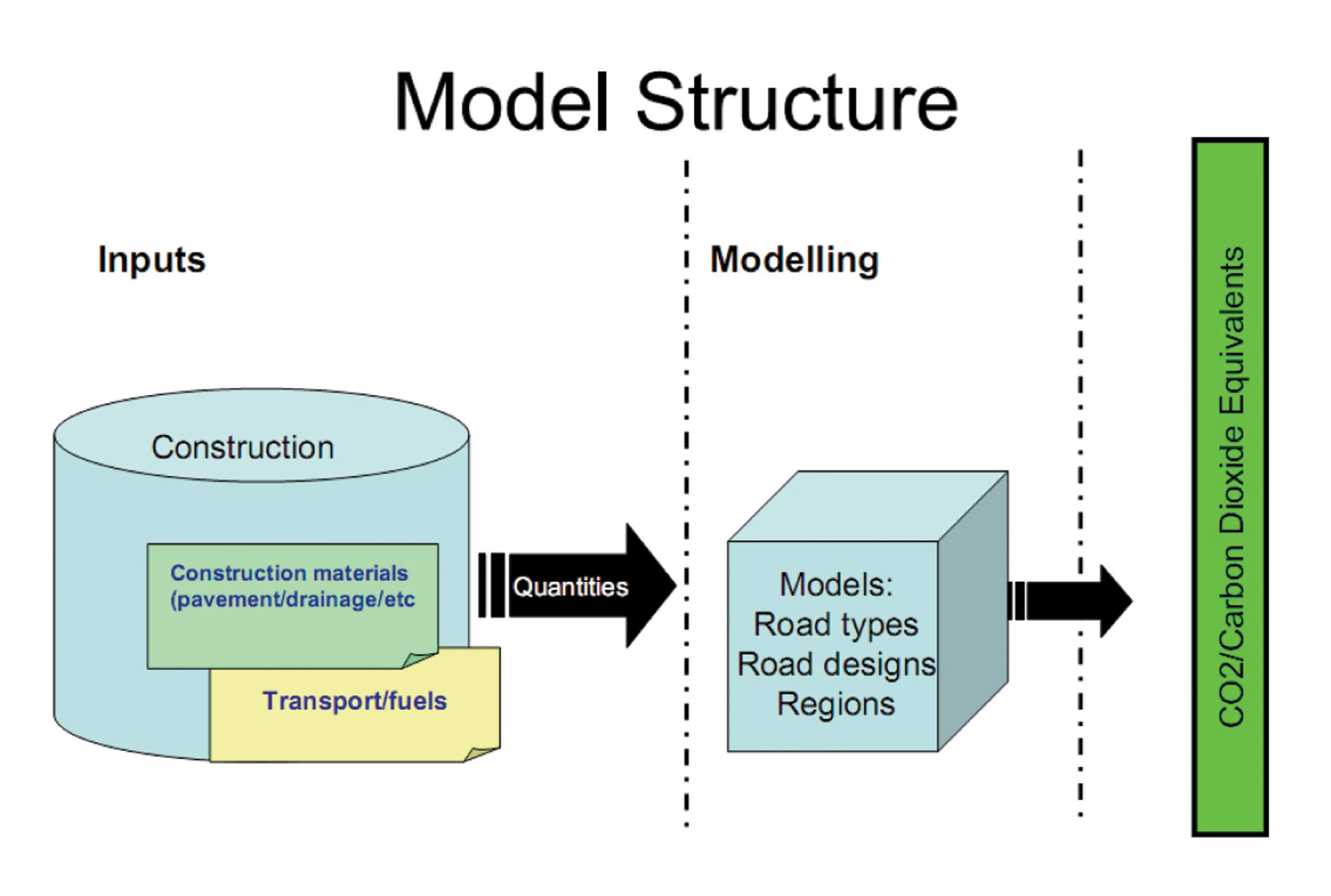The IRF's 2nd conference on roads and the environment addressed key transport targets, Mike Woof reports Reducing the impact of the road transport sector as a whole was the focus of the IRF's 2nd Roads & Environment Conference. Opening the event, Jean Beauverd, chairman of the IRF in Geneva said, "Evidence of global warming is now unequivocal. Even if we were to stabilise the effects of CO2 emissions, the effects would continue for decades. Eco-friendly processes have not yet reached the full acceptance tha
July 4, 2012
Read time: 4 mins

The IRF's 2nd conference on roads and the environment addressed key transport targets, Mike Woof reports
Reducing the impact of the road transport sector as a whole was the focus of theAccording to Beauverd, the impact of the highway construction sector can be reduced considerably, and the IRF's development of a greenhouse gas calculator presents a real possibility in terms of identifying issues. He said, "Eco roads are a real possibility."
Susannah Zammataro, IRF environmental project manager has worked on the system aimed at monitoring and accounting for greenhouse gas emissions from road infrastructure. She explained the reasons why the IRF has developed this tool, "We all agree that road transport is responsible for three quarters of transport greenhouse gas emissions. We cannot sit down and wait for regulations to be increased. The cost of inaction is higher than the cost of mitigation."
The greenhouse gas calculator has been designed as a flexible tool for the assessment of road projects and internal management of environmental performance. The calculation method has been based on real figures from leading firms including
Technical solutions were put forward by Netherlands-based Ooms International and Italian company
Anton Demarmels, head of corporate technology management at leading asphalt plant manufacturer Ammann discussed methods of producing asphalt that can reduce carbon emissions. He said, "Aggregate needs to be dried and heated to get good asphalt. If we run the burners with natural gas, we produce 25% less emissions than if we use heating oil."
Demarmels said that innovative warm asphalt technologies also offer major benefits. He said, "Even now, the majority of asphalt used is hot asphalt but there is a trend towards medium warm asphalt. The technology is available already."
He explained that reducing the temperature of the asphalt from 180º-120ºC will cut both carbon emissions and fuel costs for the producer. Meanwhile using recycled asphalt allows additional cuts in both emissions and fuel costs.
According to Rik Nuyttens, European regulatory affairs manager at 3M, comparatively straightforward measures such as switching off lights on roadsigns and replacing these with high performance reflecting materials will deliver cost savings without compromising safety. A study by the Department of Transport of Illinois said that replacing illuminated signs featuring 3M's latest sheeting offers ten-fold savings in energy and maintenance costs, in the first year alone. "The main saving is from the electricity," he added.
Alessandro Giannatasio, deputy chairman of Italian specialist Iterchimica said that his firm's research with sprayed titanium dioxide shows that this can help reduce smog caused by vehicle emissions. Around 1kg of titanium dioxide is needed to treat each 15-25m2 of road surface and that a treated area of 100m2 can deal with up to 220m3 of exhaust fumes. Giannatasio explained that the system is still being tested in an array of trials but that early research data shows it can be effective. The technology uses the titanium dioxide to react with the fumes, forming a harmless deposit that washes away.









